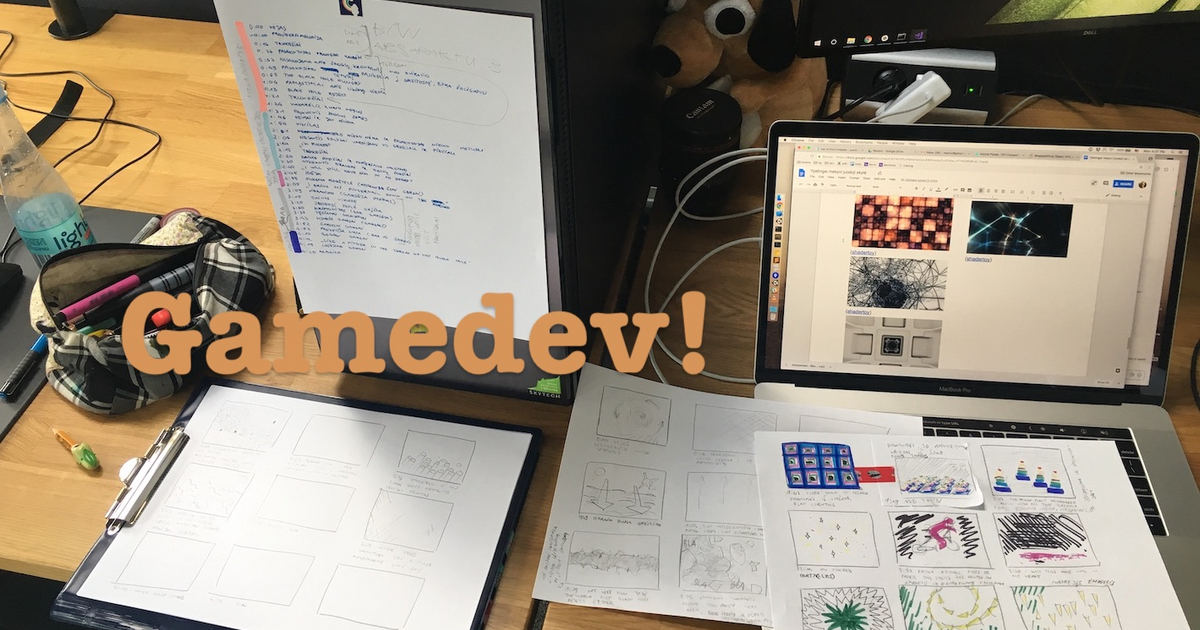Recent searches
Search options
we invented writing to do administration. to record contracts, land titles, wills. and then we used the same materials to write down stories and poems, to do calligraphy, to write love letters and notate music. the metaphor doesnt hold us back.
https://mastodon.gamedev.place/@zens@merveilles.town/112805443314729008
yeah, i am very sceptical of "the files & folders metaphor is bad, folks" takes.
why? because i have lived through _decades_ of software developers having that same thought and making software harder to understand and harder to use because of it.
from Windows 95's ridiculous "just put everything into My Documents"
to iOS's "well, now everything you make is locked away inside this app"
to Dropbox and iCloud's "oh we decided you didnt need that thing and deleted it from your local storage"
@vfig And it's not like people haven't experienced with other ways of working - I'm reminded of Apple's OpenDoc, where you'd embed random app bits in documents. No one used it because it was *weird*. There's a lot to be said about knowing which "legacy"/"traditional" approaches to keep, which to alter, and which to drop.
@semanticist yes, i had that in mind when thinking about past efforts to say "plain text is bad".
well, OLE/ActiveX rather than OpenDoc, because that was the one i was familiar with at the time. but it came from the same "objects!" "embedding!" hype.
@semanticist (the irony is not lost that these enormous failed megaliths developed from many of the same ideas that powered—and hamstrung—smalltalk!
and all these things were ideas worth trying, because contact with the real world is absolutely vital (which is why "failure of imagination" is a cheap and unfruitful argument).
but as we still see, software companies have incentives to push their latest darling ideas as "the future", whether they have tried them in the real world or not.
@semanticist "knowing which legacy/traditional approaches to keep, which to alter, and which to drop" — is valuable and very hard. so we do have to keep trying.
maybe we will discover a new clay that is far better for a whole lot of uses where plain text excels.
maybe. 5000 years of linear character-based communications substrate—and the education systems and civilisations literally built on it—is a lot of legacy.
@vfig Absolutely, and that's why - even though it failed - it was good that Apple tried OpenDoc, that there's that one shell that pipes JSON objects, etc, etc. Even if these things never get mainstream acceptance, they provide space for new ideas to be tested and sometimes, rarely, a fundamental change is possible.
As long as it's not more than 70 characters wide, of course.
@vfig that’s the crucial bit, really. society exists because we have writing. because people went from writing down fun stories to doing accounting and tax management (literally some of the earliest surviving writing we have).
plain text can be structured, but it doesn’t have to be. you only need a very basic translation from raw data to symbols, and this translation (even borked shit like UTF-16) is much more universal than any binary format. you don’t need a special program to read plain text

